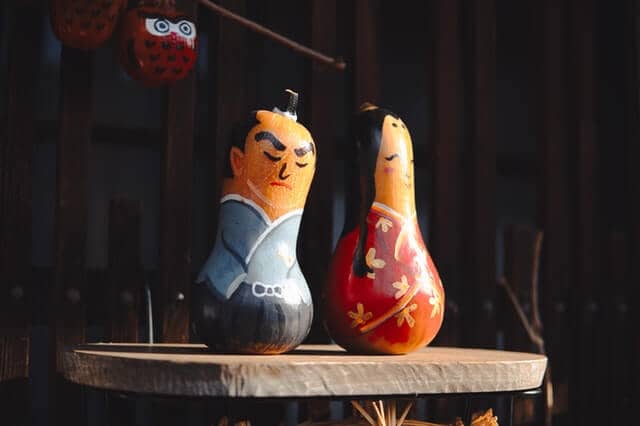Funny Words from one Language to Another: Americans are Bad At Vowels
November 26. 2019 0 Comments
- Posted in:
- Funny

The English language is a hilarious hodgepodge.
Nominally of Germanic origin thanks to the Saxon invasion of England in the eleventh century, the planted seeds of local dialects and Latin left over from Rome’s control of the land, coupled with the love-hate relationship between England and France, has created a linguistic soup that somehow still counts as Germanic rather than romantic.
English is also an old language, and thanks to that it has gleefully helped itself to other languages along the way. From French to the native languages of the New World, English, especially American English, has evolved and changed just like any language. This means that American English offers a few words that mean something completely different, intentionally or not, in another language. They may not even be the same word, just sound similar. When you start mixing syntaxes like you do in English, it was only a matter of time before words started mixing and mingling in ways guaranteed to give linguists headaches.
Even Asian vernacular has made its way into English. America’s close ties to Japan and the expansion of anime culture have allowed a plethora of words to cross the ocean, although some have only done so in jest.
Japanese Delicacies
For those who reside in the eastern corner of the Midwest in the states of Indiana, Michigan, and Ohio, the infamous rivalry between Michigan and Ohio transcends sports and borders to also include languages. Anime fans can exploit linguistic osmosis for a bit of fun. In Japanese, the typical good morning is “おはようございます”, pronounced as “Ohayōgozaimasu”. The joke thus goes that the Japanese greeting for “good morning” is “Ohioooo~!” Though the pronunciation may not be entirely accurate, the gist of the joke is obvious for anyone familiar with Japanese, the United States, and especially the rivalry between Ohio and Michigan.
While some words work in jest, others have entered the vernacular due to anime’s popularity. Unfortunately, those words are not always pronounced properly, creating an uncanny effect for those truly familiar with Japanese. The words “moe” and “kawaii” are prime examples of this. In Japanese, often every vowel sound is pronounced, so “moe” is pronounced “mo-eh”. However, spelled out, moelooks like the name Moe, pronounced “mow”, so it is not uncommon for people unfamiliar with Japanese to mispronounce the word.
Kawaii has a similar problem. There are precious few English words out there where two consecutive vowels are pronounced, so many people fail to pronounce the second “i”, turning “kah-weye-ee” into “kah-weye.” It’s not uncommon for translations to drop the “u” at the end of names, either. Very few Japanese words end in a consonant, and the prevalence of vowel pronunciation means the transition from a more consonant focused language like English to a vowel heavy one like Japanese is sure to create hilarious mispronunciations and plays on words.
In an increasingly globalized world, the intermixing of languages means plenty of words get translated, parsed, and mangled from one linguistic group to the next. Even languages from completely different root origins will share, borrow, and steal grammar and words in order to make sure communication continues as clearly as it can when dealing with people. Whether the words are part of a rivalry’s joke or the result of a combination of ignorance and poor pronunciation, words and phrases from other languages will be sure to make their way into the English vernacular. With a strong alliance and plenty of fans of Asian anime and culture roaming America’s streets, such linguistic jokes are sure to increase over the years.
